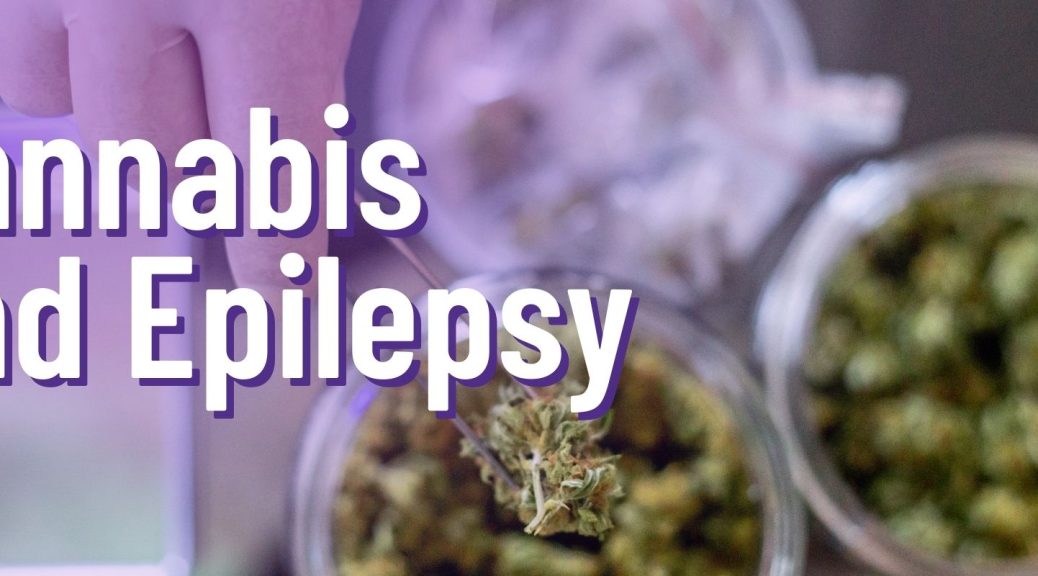Cannabis and Epilepsy

On Oct. 17, 2018, the Government of Canada legalized the consumption of adult use cannabis. As with alcohol, the required age for purchase and use varies from province to province. Similarly, the outlets through which it can be purchased vary by province.
In light of its recent legalization and the growing interest in cannabis as a treatment for epilepsy, Epilepsy Toronto recently conducted a survey of those with personal experience in the management of seizures with cannabis. The findings of the Epilepsy & Cannabis Usage Survey helped Epilepsy Toronto and Ontario agencies to better understand the current interest in the usage of cannabis among our members.It is important to remember that while there is a growing body of scientific and anecdotal evidence to suggest cannabis can be an effective treatment for controlling some forms of seizures, there is no consensus in the medical community for its use. You must talk to your doctor before making any changes to your medication regime.
Epilepsy Toronto does not take a position on its use but encourages further research.
FAQ About Cannabis
Prior to legalization, Health Canada allowed for the use of cannabis for medical purposes through prescription only; epilepsy was on the list of allowable conditions. However, Health Canada made no endorsement of its efficacy.You should never alter your drug regime for controlling your seizures without first consulting the doctor whose care you are in.We believe that your doctor uses their best judgement based on their assessment of your epilepsy. You may seek out a second opinion and make an appointment with a doctor at a designated medical cannabis clinic, but always follow your doctor’s advice. Remember that no two cases of epilepsy are identical although the same types of seizures may be experienced. Everyone responds to treatment differently.The cannabis plant contains chemical substances called cannabinoids, two of the most well-known are THC (tetrahydrocannabinol) and CBD (cannabidiol).THC is the psychotropic substance that creates the “high” effect. CBD affects the body in a different way. CBD is used to mitigate and treat conditions such as epilepsy, while others forms, which have higher levels of THC or other cannabinoids, can provide health benefits for pain control and sleep apnea, for example.No. Medical cannabis comes in many different formats, such as oils, capsules, and edibles. Onset times and potencies can vary between different product types, so it’s best to consult with your doctor about which method is right for you.
Here are some questions you may want to ask your doctor:
- Do any of your patients use medical cannabis?
- Should I consider using it?
- Could it be used as a substitute for the drugs I am taking now?
- Will using medical cannabis interfere with the anti-seizure medications I am currently taking?
For more information about the history and science of cannabis, watch this video by a neurologist and cannabis medicine specialist. This video touches on the composition of the cannabis plant, the endocannabinoid system and how cannabinoids work in the brain.To learn more about other complementary therapies that include such techniques as acupuncture, chiropractic, massage therapy, relaxation, guided imagery, biofeedback, aromatherapy, yoga, therapeutic touch, homeopathy, diet, etc, visit our page on Complementary Therapies.